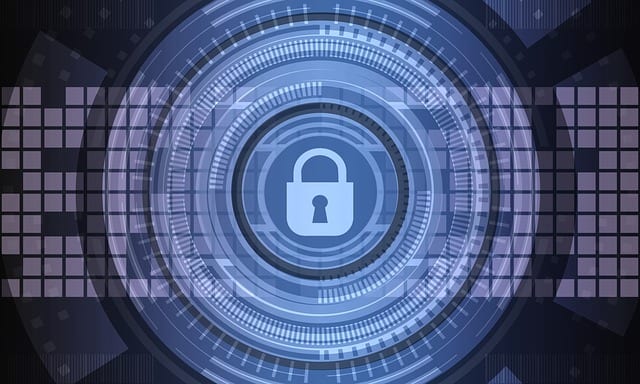Australia’s Encryption Backdoors: A War on Privacy?
Ah, the land down under! Home of kangaroos, spiders the size of your head, and…encryption backdoors?
Most of us sleep well at night knowing that the messages we send each other on our communication applications use end-to-end encryptions. An end-to-end encryption, or E2EE for short, is a security tool that ideally means no one can read your messages.

Australia’s Encryption Backdoors: A War on Privacy
Australia Wants to Introduce Backdoor Access to Encrypted Messages
In theory, a messaging application that uses E2EE should be one of the safest and most private communication methods. Encryption backdoors have been around for a long time, but the Australian government wants to force tech companies to build encryption backdoors through legislative action. This isn’t the first time such requests have been made. Back in 2017, the British government asked WhatsApp to build an encryption backdoor into their messaging app.
Why Australia’s Encryption Backdoor is Globally Problematic:
We know that encryption backdoors aren’t a new thing. In fact, the biggest surveillance scandal of the century proved that governments have forced their way into your private messaging by going so far as to collaborating with ISPs and tech companies. What would Australia’s legislation change, then?
To start, passing legislation that forces tech companies to create backdoors in their encryption sets a dangerous global precedent. This kind of legal surveillance hasn’t been done before. If Australia manages to pull it off, there’s no telling what will follow. It could spell out the end of encrypted messaging for all of us.
Most importantly, even if the Australian government only uses these backdoors for counter-terrorism efforts, there’s no guarantee that other parties won’t try to get their hands on this data. Creating an encryption backdoor is creating a flaw in a cybersecurity tool. This makes it easier for hackers and other third parties to gain access to your data.
After all, a double-locked steal door is still just a door.
How Can You Keep Yourself Protected?
With the possibility of a encryption free messaging system, the future looks bleak for communication software. Until we find out what will happen to our precious messages, there is a way to make sure that you add an extra layer of protection to your online presence.
Setting up a VPN connection gives you that extra push you might need to feel secure in your online communication again. A VPN can ensure that no logs of your data are kept, that your privacy online is protected as long as the VPN connection is established, and that you are protected from third-party threats to your data.
Our recommendations for VPNs that can help you stay on top of your internet security are:
Let us know in the comments how you think Australia’s encryption backdoors will affect the global online community, we’d love to learn more about the safety measures you’re taking!





Well thats a nice paid Ad for those VPNs. if you really wanted to protect yourself you would use a blockchain vpn with anonymous payments. because they will still hunt you down through logs sign up emails and credit crd transactions. So Lethean blockchain is the only way to be safe.